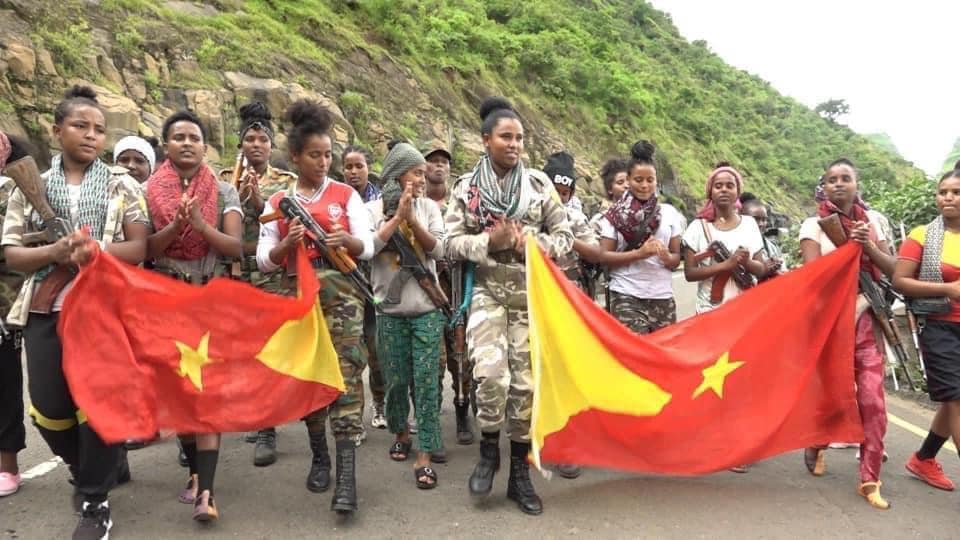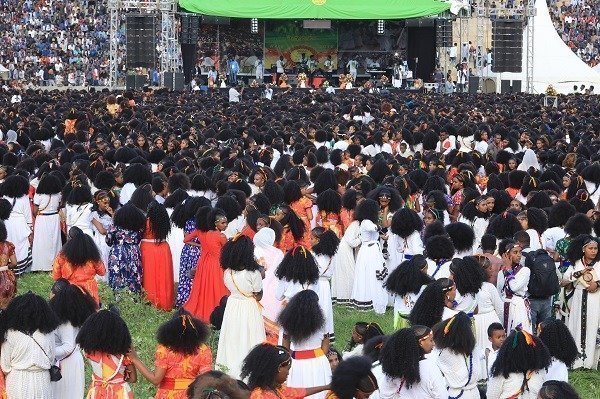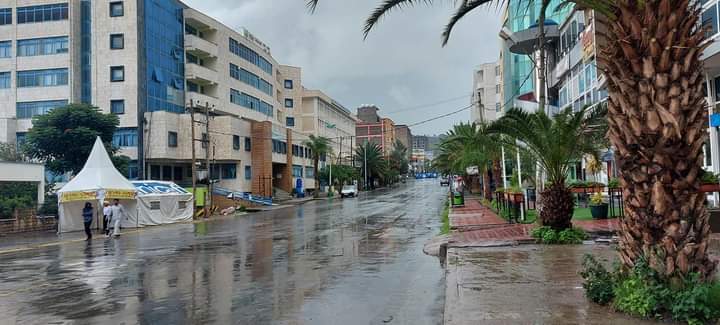
The ancient Tigray festival, Ashenda, is different this year but even more important. I had lived in Tigray for the past seven years. Every year at the end of August on the western calendar the Ashenda festival would fill the city of Mekelle, capital of Tigray, with more than a million visitors. The festival is a celebration of the main harvest coming, the Virgin Mary, womanhood, and ethnic recognition of the people of Tigray. Often times it comes when there is still a rainy season going on but that does not stop young women in ceremonial dress from gathering in the city with lots of singing and dancing.

This year is different. Starvation, killings of innocents, atrocities to women, limited planting, and ongoing war have changed their world to horror. Some internet trolls this year usually from the Amhara region wanted to sensationalize that this year Mekelle did not have the usual large crowds as well as suffering famine. In their twisted mind they imagined that an impingement in celebrating God’s creation was funny. They wished to demean the faith of Tegaru and especially of the Tegaru women.

The book, The Sabbath, written by Hebrew Rabbi Abraham Heschel came to mind to help explain how the Tigray see Ashenda. As Rabbi Heschel writes that our celebration of our creation and being close to God is not defined by a place. That God in creating the universe designated a time not a place for this most important part of our being. Although he mostly talking about the day of the Sabbath this exactly also goes for Ashenda. Even in the midst of misery and war we must find time for the sacred and for reviewing our relationship with God.
This year in the midst of a terrible invasion which killed and abused tens of thousands it is more important then ever to appreciate God’s grace. So instead of huge crowds young women and their families are still celebrating God’s gift of creation, of Mary’s role in Christianity, and the hope that Jesus Christ brings ultimately justice for his followers.
The heart and soul of Tigray in the midst of catastrophe has not waivered. They do not believe God has abandoned them. Women’s role in being the mother to Christ, to sustaining Tigray society, and even fighting it’s battles of defense against horrific oppression has special significance this year more then ever.

